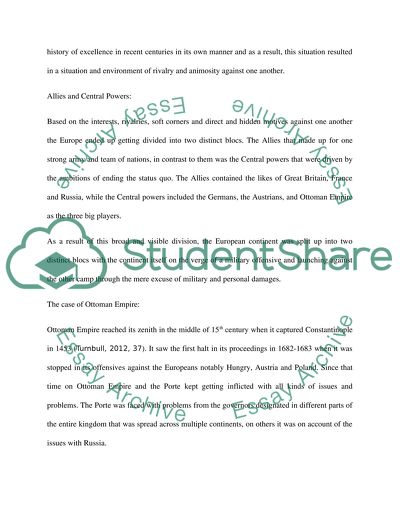Cite this document
(“Was WWI caused by the operation or breakdown of the balance of power Essay”, n.d.)
Was WWI caused by the operation or breakdown of the balance of power Essay. Retrieved from https://studentshare.org/history/1497781-was-wwi-caused-by-the-operation-or-breakdown-of
Was WWI caused by the operation or breakdown of the balance of power Essay. Retrieved from https://studentshare.org/history/1497781-was-wwi-caused-by-the-operation-or-breakdown-of
(Was WWI Caused by the Operation or Breakdown of the Balance of Power Essay)
Was WWI Caused by the Operation or Breakdown of the Balance of Power Essay. https://studentshare.org/history/1497781-was-wwi-caused-by-the-operation-or-breakdown-of.
Was WWI Caused by the Operation or Breakdown of the Balance of Power Essay. https://studentshare.org/history/1497781-was-wwi-caused-by-the-operation-or-breakdown-of.
“Was WWI Caused by the Operation or Breakdown of the Balance of Power Essay”, n.d. https://studentshare.org/history/1497781-was-wwi-caused-by-the-operation-or-breakdown-of.


